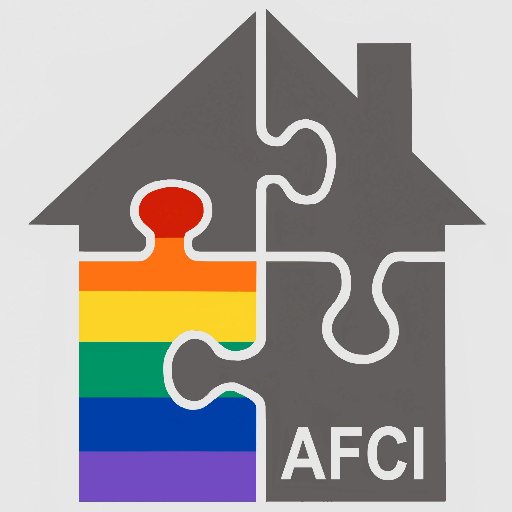Parents and Their Feelings
We use the word “gay” to simplify the conversation but we are speaking about all gay, lesbian, bisexual, transgender and queer people. Many young persons use the term “queer” as a generic way of saying they are different. This course will cover sexual orientation and gender identity minorities.
If you have a gay child, know that you are not alone.
- In the United States there are approximately nine million gay people.
- Nine out of every one hundred people are gay.
- Eighteen million parents have a gay child.
So, what happens when a child comes out as lesbian, gay, bisexual or transgender?
Emotions
Reflections on Having LGBTQ+ Children
The following are parents telling their stories about having an LGBTQ+ child.
WHY DO WE HAVE THESE FEELINGS?
Why do we feel the way we do when we find out we have an LGBTQ+ child or family member? The reality is that hardly a day goes by without hearing a joke or negative comment about sexual or gender minorities.
Denial
Some families treat the topic as taboo and insist there are no gay or transgender people in their family.
Religious Condemnation
Even when families are accepting, we may hear teachers or religious leaders condemn gays. Some say gays need to change or that they must live their lives without an intimate relationship. They may even accuse gays of perverting others; that is, seducing young, heterosexual people. Religion and Human Rights
Rejection
These judgments reflect the rejection of sexual and gender minorities present in society. They express the belief that LGBTQ+ people do not have the basic right to experience sexuality in the same way that their heterosexual people do. Moreover, when the media presents homophobic people as authority figures, they help create and spread an atmosphere of fear. These negative messages find a way into our lives and we end up internalizing them and believing they are true without much questioning. They make us feel uncomfortable with the members of the LGBTQ+ community. It is part of human nature to want to belong.
Fears and Worries
Negative messages about gay, lesbian, bisexual and transgender people make us feel vulnerable if ever we should be associated with them. We fear losing community, being criticized, rejected or becoming the topic of gossip.

In other words, when you find out you have a gay or transgender child, it is a natural reaction to initially feel upset and worried about your child.
Our Dreams
Aside from the messages that we have internalized, we have dreams, hopes, and desires for success for our children that are brought into question. Marriage, career and family life are no longer what parents had expected or hoped for.
Impacting Family Dynamics
The news of a gay, lesbian, bisexual or transgender child may bring out fears that family members have not considered before.
Having a gay child brings changes to the interactions that we have with family, friends and others, it can even change the relationship with our church family.
You can see one parent’s story here.
Grief and Grieving
The process of discovering or being told that a child is LGBTQ+ is likely to lead to a period of grieving, where the future of life with the child is grieved because of the sense of loss of what that future was thought to be. Grief and Grieving
Find more resources about LGBTQ+ and religion here.

